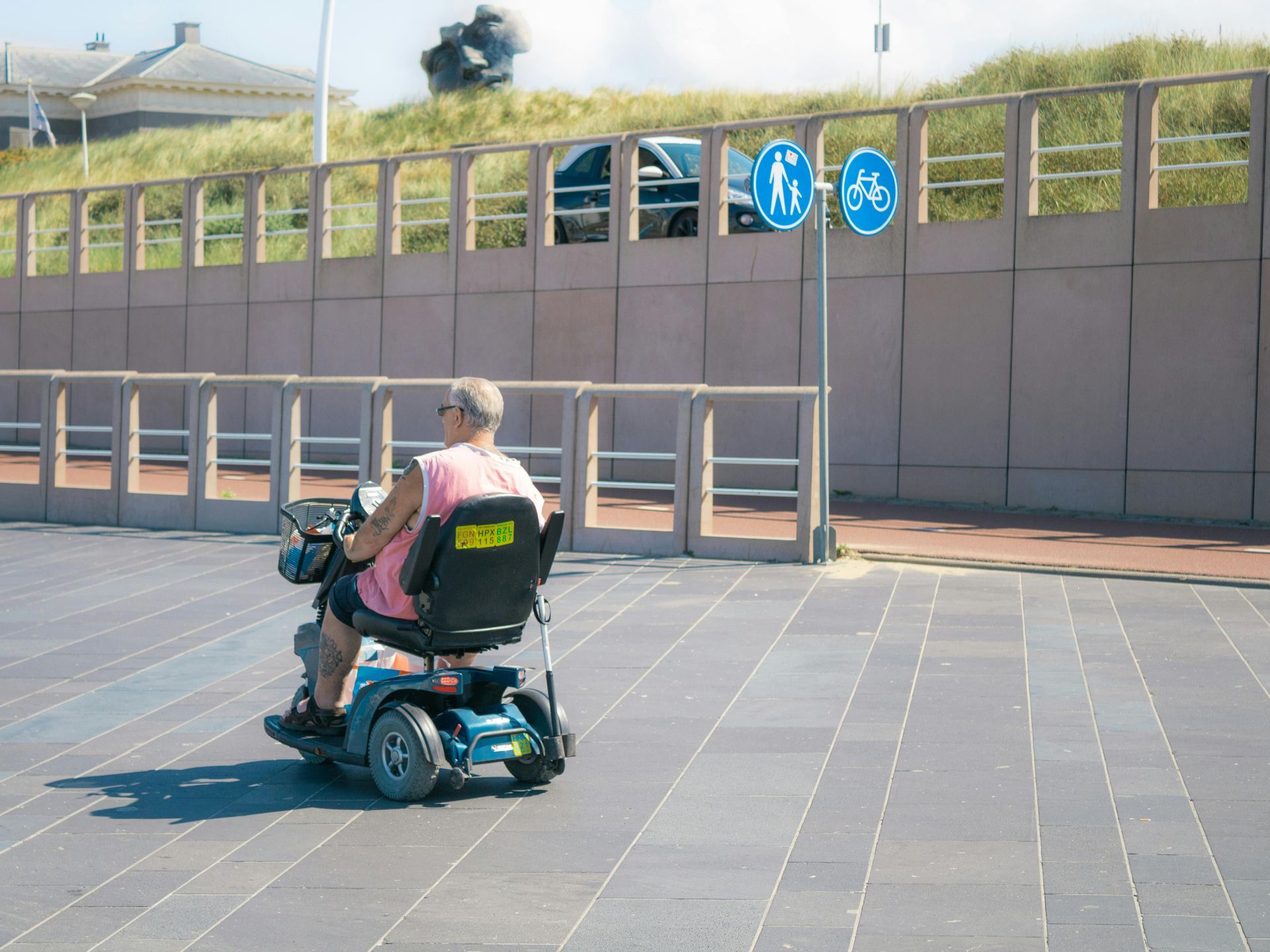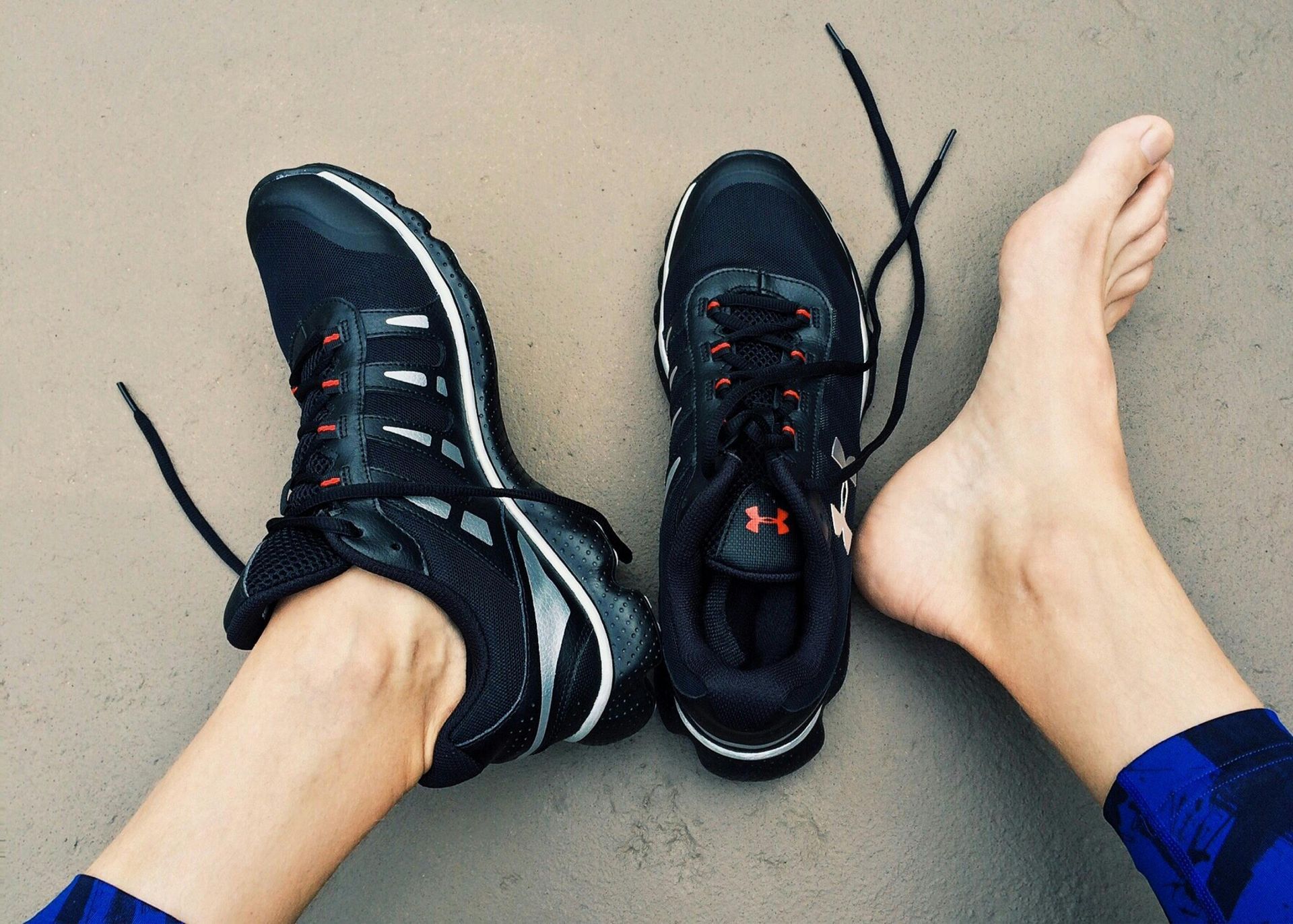Premature Baby Care Tips from a Physiotherapist
March 2025
Premature Baby Care Tips from a Physiotherapist: Fostering Healthy Development from Day One

he arrival of a premature baby can be both overwhelming and emotional for parents. No parent is ever fully prepared for a preterm newborn, and the experience can bring a mix of fear, hope, and uncertainty. However, one thing is certain: the family plays a crucial role in ensuring the baby’s healthy development, and the bond between parent and child is a foundation that can last a lifetime.
As a physiotherapist, I can’t stress enough the importance of early interventions that encourage the baby’s physical and emotional growth. Premature babies need more than just medical care—they need love, care, and stimulation to thrive. Here are some tips to guide you as you navigate the early days of caring for your preterm baby.
1. Establish Strong Bonding Through Skin-to-Skin Contact
From the moment your premature baby is born, the most important thing you can do is establish a connection. Skin-to-skin contact, also known as "kangaroo care," is one of the most beneficial practices for both you and your baby. It helps regulate the baby’s body temperature, heart rate, and breathing, and it also promotes healthy weight gain.
More importantly, this form of bonding allows the baby to recognize your scent, your voice, and the rhythm of your heartbeat—familiar sounds and sensations that mimic the environment they experienced in the womb. Research shows that skin-to-skin contact has a calming effect, which can help reduce stress for both you and your baby.
2. Create a Calming Environment
Premature babies often find the outside world overwhelming. They are used to the soft, muffled sounds of the womb and may find loud or sudden noises unsettling. To make your baby feel safe, try to recreate this comforting environment as much as possible.
Keep noise levels down, speak softly, and avoid sudden movements or bright lights. You can also gently swaddle your baby to give them the feeling of security they had in the womb. Consistent, gentle touch and soft, soothing sounds can help regulate your baby's sensory experiences and keep them calm.
3. Encourage Gentle Stimulation
Premature babies are still developing, and it’s essential to provide appropriate stimulation to help them grow. However, it's important not to overwhelm them. Gentle stimulation, such as softly talking to your baby, making eye contact, or gently massaging their hands and feet, can stimulate their senses without causing stress.
Also, allow your baby time to rest—babies born prematurely often require more sleep than full-term babies to support their development. Remember, all stimulation should be done gradually and with care.
4. Ensure Proper Feeding and Nutrition
Feeding is a major concern for premature babies. Depending on how early your baby was born, they may not yet have the strength to latch onto the breast. If this is the case, your healthcare provider will guide you through the process of expressing breast milk or using a bottle.
Breast milk is the best nutrition for premature babies, as it provides essential antibodies and nutrients that promote growth and immunity. If breastfeeding is not an option, formula feeding may be recommended to ensure your baby gets the calories and nutrients they need for healthy development.
5. Be Patient and Gentle with Developmental Milestones
Premature babies often reach developmental milestones later than their full-term peers. For example, they may take longer to develop motor skills like head control, rolling over, or sitting up. As a physiotherapist, I encourage parents to be patient and avoid comparing their baby’s progress to others.
Instead of rushing developmental milestones, focus on creating a nurturing environment that allows your baby to reach them at their own pace. Physiotherapists can guide you through exercises and activities to support your baby’s muscle tone and motor skills, but the key is to remain patient and trust the process.
6. Seek Professional Support
The early months with a premature baby can be both physically and emotionally demanding. Don’t hesitate to reach out to healthcare professionals for advice and support. A pediatric physiotherapist, occupational therapist, or speech therapist can provide specialized guidance on how to support your baby’s development in the first year and beyond.
Our physiotherapist, Nicole, has a special focus on supporting families with premature infants. Nicole is highly experienced in providing tailored care and exercises that help premature babies build strength, improve their motor skills, and reach their developmental milestones. She works closely with parents to ensure that every step of your baby’s growth is supported and nurtured.
Additionally, the emotional and mental health of parents is equally important. It’s okay to ask for support from your healthcare team, family, and friends to ensure that you are well-equipped to care for your baby.
Conclusion
Caring for a premature baby is a challenging, yet rewarding experience. The bond you establish with your little one from day one will be the foundation of their healthy emotional and physical development. With love, patience, and the right support, your baby will have every opportunity to grow, thrive, and reach their full potential. Trust in your instincts, and remember that small, consistent efforts go a long way in helping your premature baby flourish.
By taking these simple but crucial steps, you can help ensure that your baby has the best possible start in life. With the guidance and expertise of professionals like Nicole, you can confidently navigate this journey, knowing your baby is receiving the care they need to develop into a healthy and happy child.
book a session with Physiotherapy Madeira
All Rights Reserved | Physiotherapy Madeira




